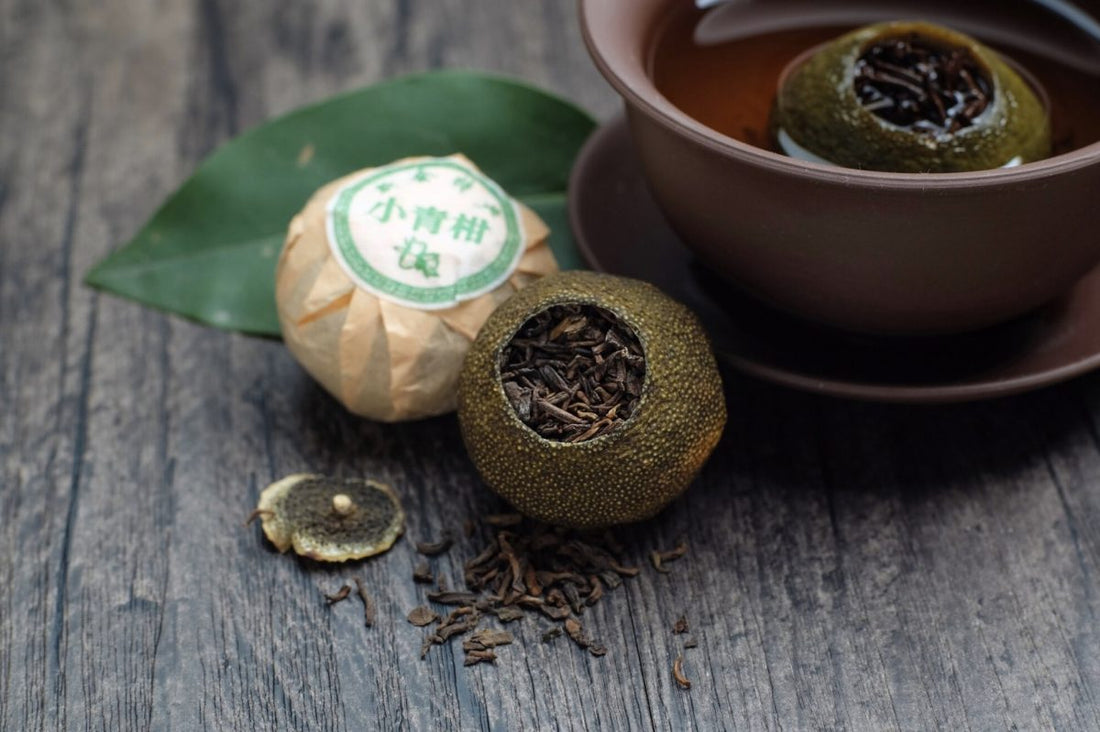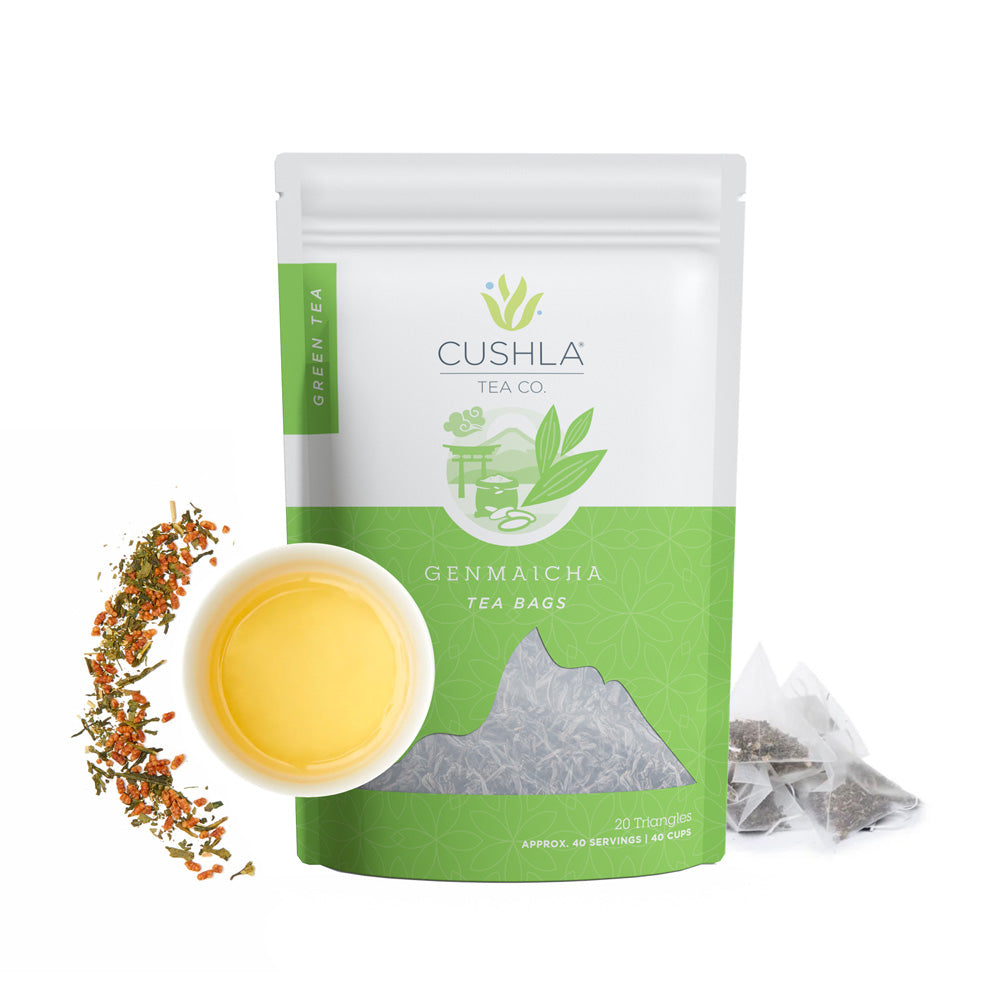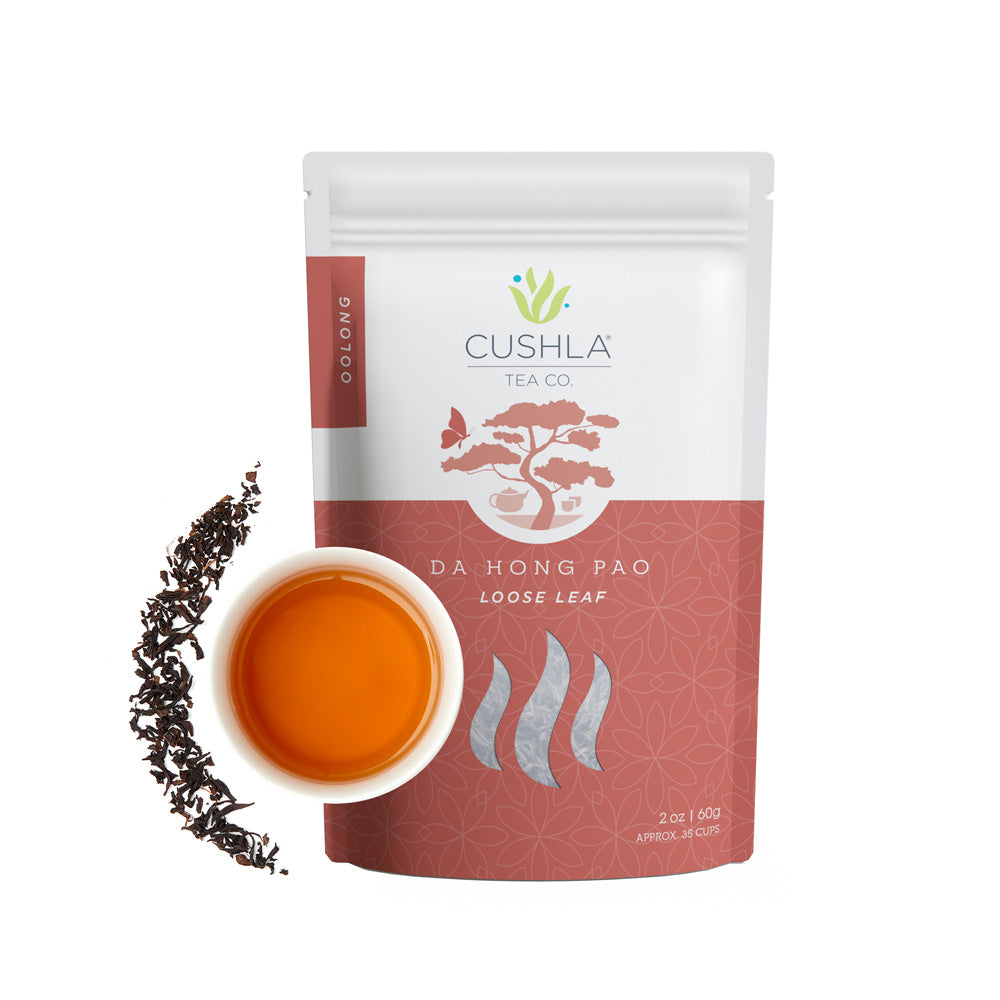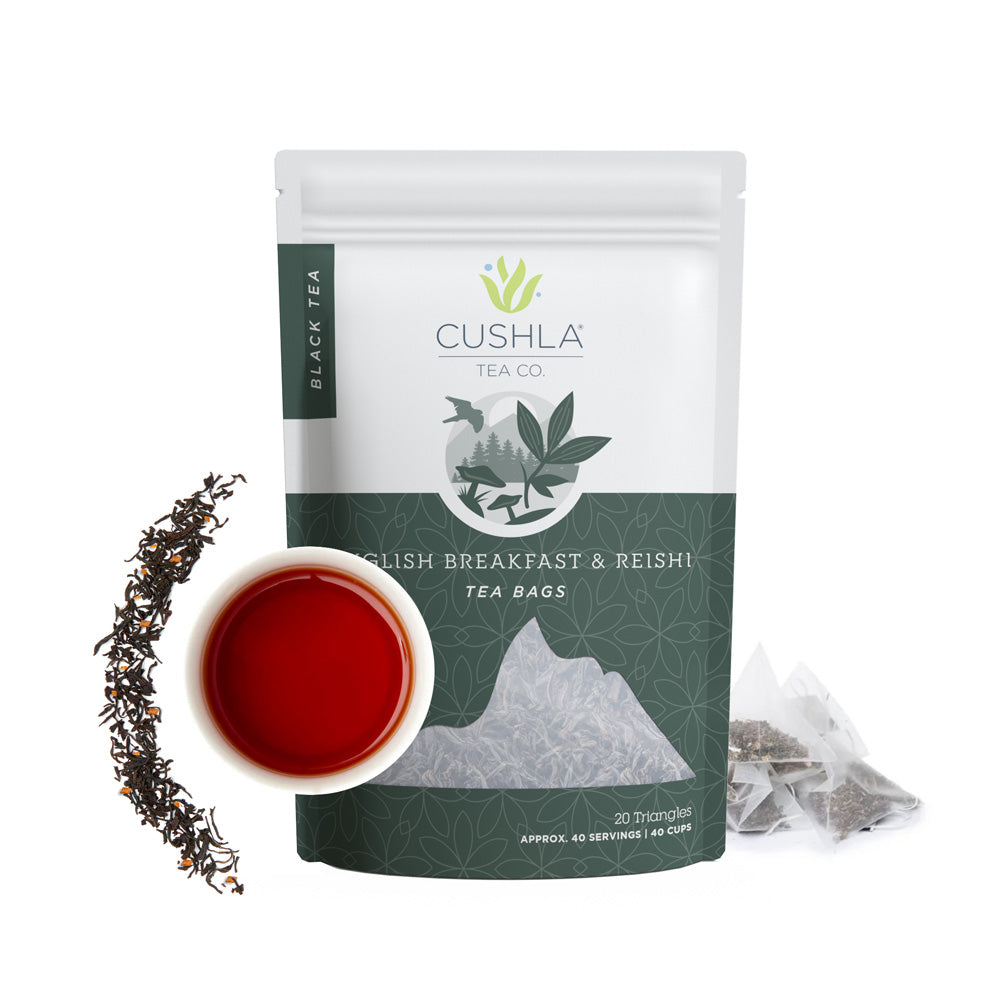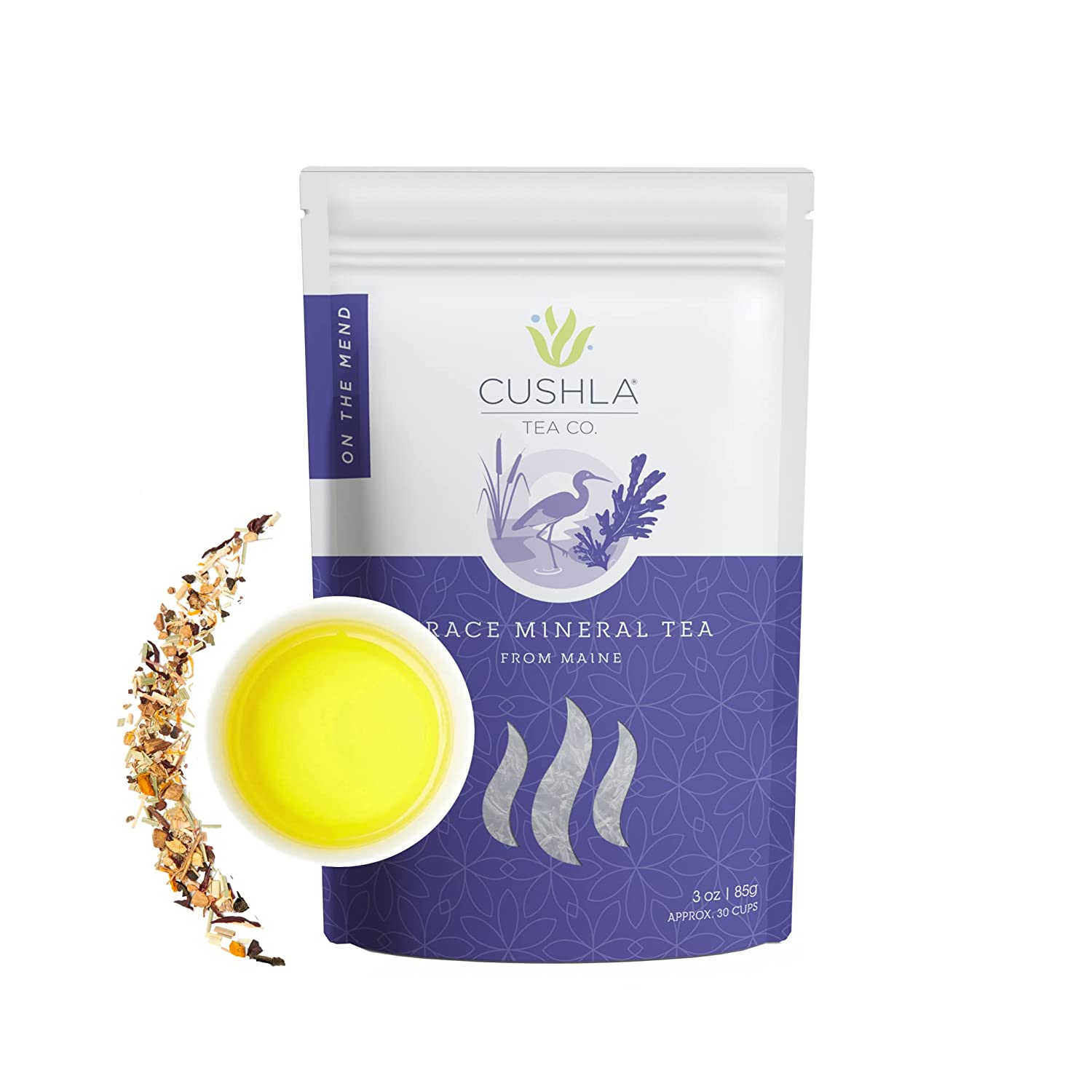Puer tea, also known as pu-erh or puerh, is a type of fermented dark tea that originated in the Yunnan province of China. It has been enjoyed for centuries for its unique taste and health benefits, but the correct way to pronounce it remains a mystery for many tea enthusiasts. In this article, we will explore the different names and spellings of puer tea and how to correctly pronounce it.
This tea is named after the town of Pu-erh in the Yunnan province, where it has been produced for over 1,700 years. The town was once a major trading hub for tea, and the tea produced there became known as “puer tea”. The Chinese characters for “puer” are 普洱, and they are pronounced “pǔ ěr” in Mandarin Chinese. However, the correct pronunciation of puer tea in English is “poo-air” or “poo-er” with the emphasis on the first syllable.
Another common spelling of puer is “pu-erh”, which is derived from the Wade-Giles romanization system used to transcribe Chinese words into English. This spelling is often used by tea merchants and retailers in the West. The correct pronunciation of “pu-erh” is also “poo-air” or “poo-er”.
This tea is also referred to as “dark tea” or “black tea” in China, due to its dark color and strong, earthy flavor. However, it is important to note that puer is not the same as black tea, which is a different type of tea that is fully fermented and has a much different flavor profile.
Puer is made from a special variety of tea plant called Camellia sinensis var. assamica, which is grown in the Yunnan province. The leaves are picked, withered, rolled, fermented, and then aged. The aging process can take anywhere from a few months to several decades, and it is this aging process that gives puer tea its unique taste and health benefits.
Puer tea is known for its rich, earthy flavor and smooth texture. It is said to have a “woodsy” or “mushroomy” taste and a hint of sweetness. It is also known for its health benefits, which include weight loss, improved digestion, and lower cholesterol levels. However, it is important to note that these health benefits have not been fully scientifically proven.
In conclusion, this tea is a unique type of fermented dark tea that has been enjoyed for centuries. The correct way to pronounce it is “poo-air” or “poo-er”, and it is important to note that it is not the same as black tea. It is named after the town of Pu-erh in the Yunnan province, where it has been produced for over 1,700 years. With its unique flavor and potential health benefits, puer is definitely worth trying for any tea lover.

